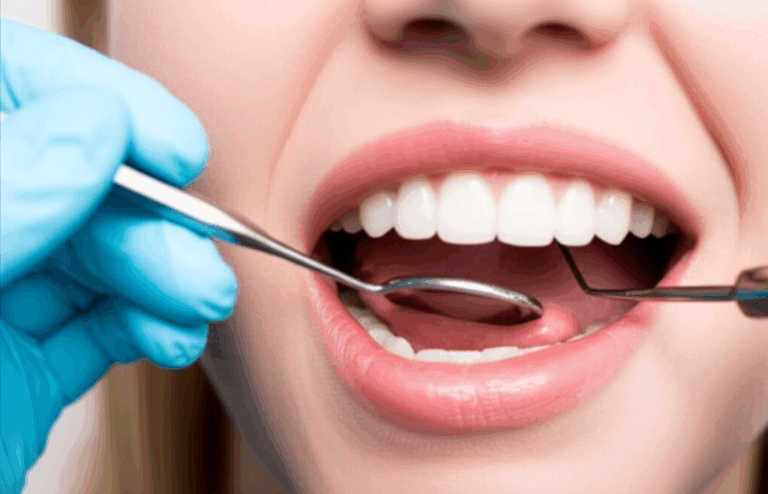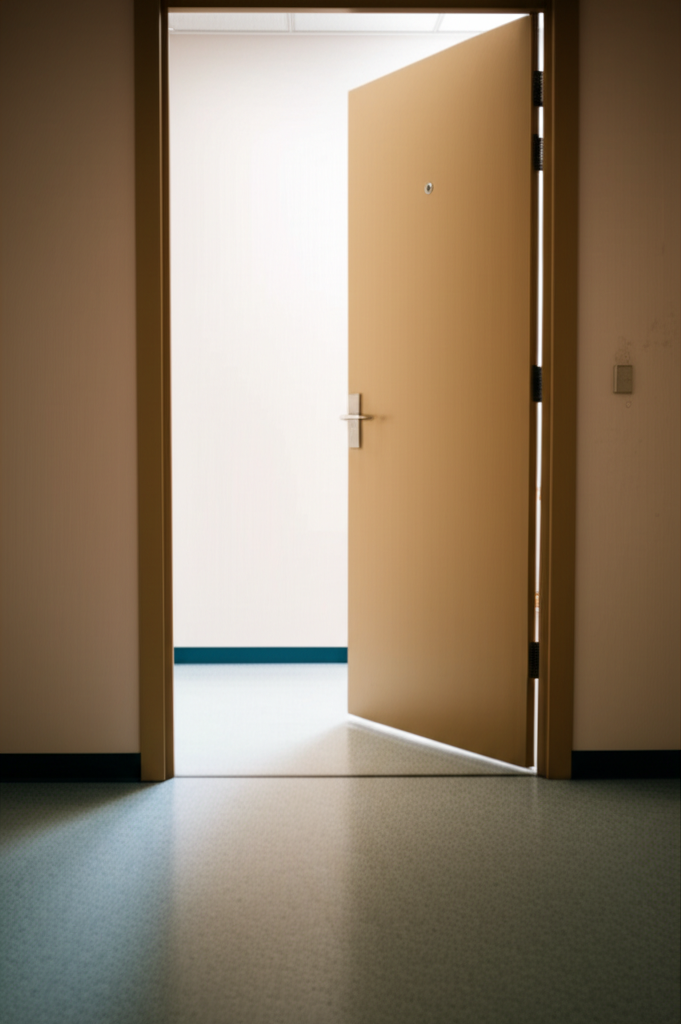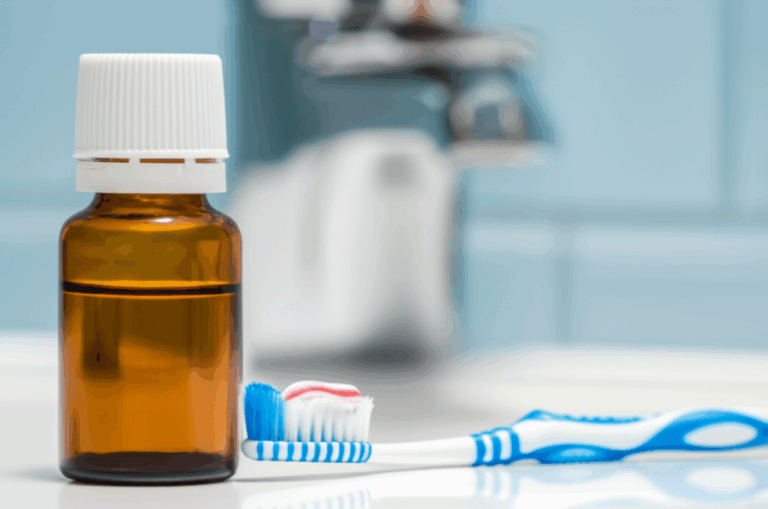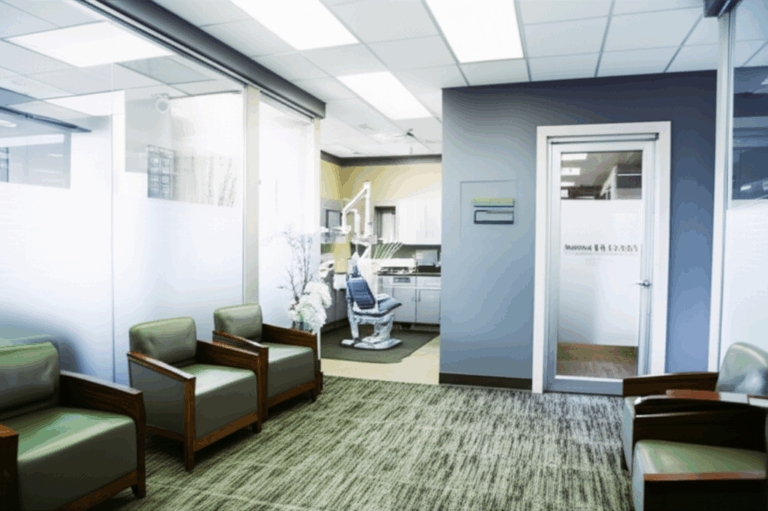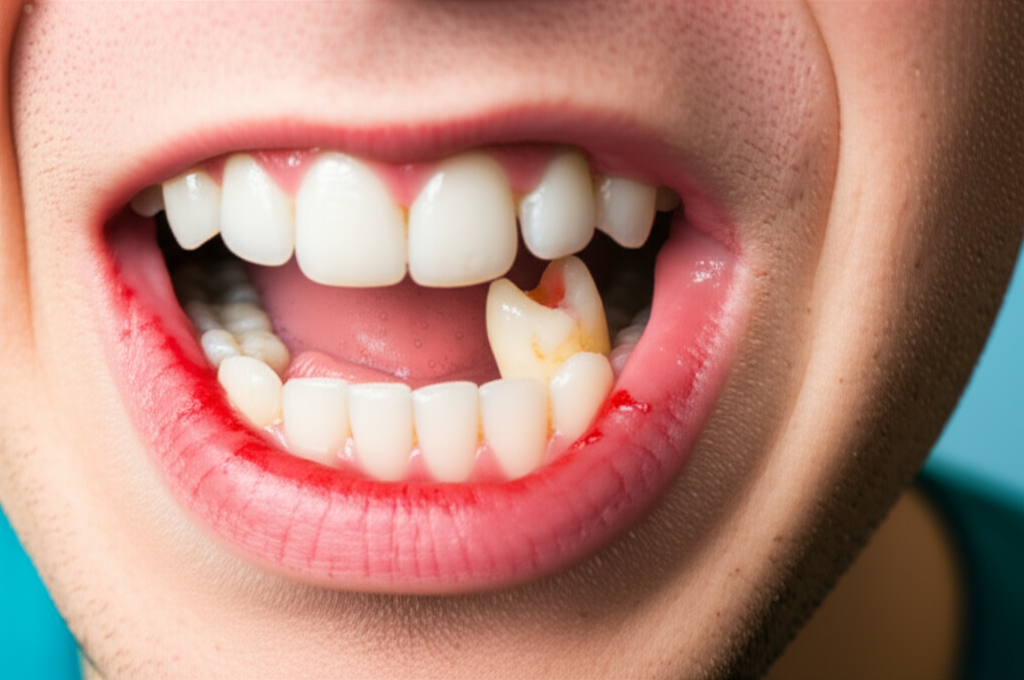
When to See a Dentist Immediately: Your Urgent Dental Emergency Guide
Have you ever woken up with a pounding toothache or found yourself spitting blood after biting into an apple? If your first thought is, “Is this serious, or can it wait until Monday?”—you’re not alone. Dental emergencies often sneak up on us and can leave you feeling anxious and unsure. If you’re dealing with bad pain, swelling in your face or gums, or any sudden mouth problem, you might be asking: what’s OK to wait, and what needs action right now?
I’m here to make things clear. In this guide, you’ll learn when you really need to see a dentist fast. I’ll show you the main warning signs, explain what’s going on, and tell you exactly what to do until you get to the dentist. My goal: help you stay calm and confident—even during a dental emergency.
In This Article
- What Is a Dental Emergency?
- Key Signs You Need a Dentist Now
- Dental Emergencies That Need Immediate Care
- What To Do Before You Get to the Dentist (First Aid)
- When You Don’t Need to Worry: Less Urgent Dental Problems
- Why Quick Dental Care Matters
- How to Find an Emergency Dentist
- Ways to Prevent Dental Emergencies
- Don’t Wait: Go to the Dentist Now for These Problems
What Is a Dental Emergency?
Let’s be honest—not every small tooth problem or gum swelling is an emergency. But sometimes, your body is sending a clear message for fast help.
A dental emergency is when you need professional care right away to stop bad pain, stop bleeding that won’t quit, save a tooth, or keep an infection from spreading and making you really sick.
- Urgent care: Go to the dentist today—not next week.
- Routine care: Things like small chips, mild sensitivity, or a filling that fell out but doesn’t hurt. You can wait until your normal appointment.
If you’re not sure: Play it safe. Pain and swelling in the mouth often mean things are getting worse, not better.
Key Signs You Need a Dentist Now
Wondering: “Is my problem really that serious?” Look for these warning signs. If you have any of these, call your dentist or an emergency clinic right away.
- Severe, long-lasting tooth pain: Pain that throbs, stops you from sleeping, or doesn’t get better when you take pain medicine.
- Bleeding you can’t stop: Blood that won’t stop even after pressing firmly for 10 minutes.
- Quick, big swelling: Face, jaw, or gum suddenly gets swollen, especially if it keeps getting bigger.
- Signs of infection: Pus, swelling with fever, trouble swallowing, or feeling sick all over.
Other important signs:
- A tooth knocked out or almost out
- Cuts or bites in your mouth that keep bleeding
- Jaw pain that makes it hard to open or close your mouth
Don’t ignore these signs. Time is often the difference between saving or losing a tooth, or between a simple fix and a really big problem.
Dental Emergencies That Need Immediate Care
Let’s talk about the most common dental emergencies, what’s really happening, and what to do right now (and what not to do).
1. Terrible Toothache or Strong Dental Pain
What’s happening?
Sometimes tooth pain hits out of nowhere. While sometimes it’s “just a cavity,” bad pain usually means something worse: a tooth infection, deep cavity, cracked tooth, or a nerve problem.
Quick Example:
Your tooth is like your house—if the alarm goes off, something’s wrong. The pain is your alarm.
Why is this urgent?
Tooth infections can spread past your tooth and even get into your neck, face, or blood (which is really dangerous). Waiting can cause more damage or even be life-threatening.
What to do:
- Rinse your mouth gently with warm salt water.
- Hold a cold pack on your cheek to bring down swelling.
- Take pain medicine like ibuprofen or acetaminophen (what’s on the bottle).
- Never put aspirin on your gums—it can hurt your tissue.
- See a dentist ASAP, especially if you have swelling or fever.
2. Knocked-Out Tooth
What’s happening?
A tooth fully comes out—often from sports, a fall, or accident.
If it’s an adult tooth, you need to act fast!
Simple Example:
Think of it like pulling the plug on a device—the longer it’s out, the harder it is to turn it back on (save the tooth).
Why is this urgent?
You have the best chance to save your tooth if you get to the dentist in the first 30 to 60 minutes.
What to do:
- Handle the tooth by the top (crown), NOT the root.
- If dirty, rinse gently in milk or saline—don’t scrub or use soap.
- If you can, gently put it back in the socket and hold it.
- If not, put the tooth in a small cup of milk or your saliva.
- Get to the dentist right away.
3. Chipped, Cracked, or Broken Tooth
What’s happening?
Teeth can break from biting on hard stuff, old fillings breaking, or getting hit in the mouth. It can be a small chip or a crack deep into the tooth’s nerve.
- Minor chip: Usually not urgent unless it hurts or is sharp.
- Deep crack (nerve shows): Very urgent.
Why is this urgent?
Deep cracks let germs in, which can lead to infection and much worse pain.
What to do:
- Rinse with warm water.
- Save broken parts if you can.
- Use a cold pack for swelling.
- Cover sharp areas with dental wax (get it at a drugstore).
- Don’t chew on that side.
4. Tooth Infection or Abscess
What’s happening?
An abscess is a pocket of pus from a tooth infection. Look for a swollen, red bump on the gum (can leak pus), steady pain, bad taste, and maybe fever.
Why is this urgent?
An infection can quickly spread to your jaw, neck, or even other parts of your body.
Warning signs:
- Swelling makes it hard to swallow or breathe
- Swelling goes past your jaw
- You feel really sick, have a high fever, or see double
What to do:
- Rinse gently with warm salt water
- Use a cold pack on your cheek
- Take pain pills—do NOT ever try to pop or drain it yourself
5. Lost Filling or Crown (With Pain)
What’s happening?
Fillings or crowns can fall out, leaving the tooth super sensitive. If it hurts or feels sharp, get help fast.
Why is this urgent?
A bare tooth is easy for germs to get into, making it hurt worse or get infected quickly.
What to do:
- Don’t chew on that side
- Use temporary dental cement (from the pharmacy) to cover the spot
- Save the crown or filling and take it to the dentist
6. Soft Tissue Injuries (Gums, Tongue, Cheeks, Lips)
What’s happening?
Biting your tongue, a fall, or a blow to the face can leave you with a deep cut or hole in your mouth.
Why is this urgent?
If the bleeding won’t stop after pressing for 10–15 minutes or if the cut is deep, you might need stitches and to keep germs out.
What to do:
- Rinse your mouth with clean water or saline
- Hold clean gauze or cloth with gentle pressure to the wound
- Use a cold pack
7. Loose or Moved Tooth
What’s happening?
A tooth feels loose or looks out of place, often after an accident or getting hit in the mouth.
Why is this urgent?
Wiggling the tooth can hurt the tiny nerves and roots, making it harder to save.
What to do:
- Don’t try to force the tooth back in
- Don’t eat or bite on it
- Use a cold pack
8. Jaw Pain or Dislocation
What’s happening?
Sometimes your jaw “pops” out or you suddenly can’t open or close your mouth—maybe after a hit, wide yawn, or certain conditions.
Why is this urgent?
A dislocated jaw can block your airway and make it hard to eat, talk, or even breathe.
What to do:
- Gently keep your jaw still and closed
- Use a cold pack to help swelling
- Don’t try to pop it back in—go to the dentist or ER now
What To Do Before You Get to the Dentist (First Aid)
Dental emergencies are scary, but there are quick things you can do to make things better before getting to the dentist.
First Aid Checklist:
- Pain: Use painkillers like ibuprofen or acetaminophen—never put aspirin on skin.
- Bleeding: Press firmly with gauze or clean cloth.
- Swelling: Hold a cold pack (ice in a towel) to your cheek for 10–15 minutes at a time.
- Knocked-out tooth: Put it back in the socket or place in milk or spit.
- Tooth with nerve showing: Cover with dental wax or sugarless gum until you see the dentist.
Remember:
These are only quick fixes. You still need to see a dentist fast.
When You Don’t Need to Worry: Less Urgent Dental Problems
It’s normal to freak out over small dental issues. But not every problem is an emergency. Here’s when you can relax—just call your dentist soon.
- Small chips with no pain
- Lost filling or crown (no hurt or sensitivity)
- Food stuck between teeth (if it comes out when you floss gently)
- Mild hot/cold sensitivity (if it’s not severe or lasting long)
Tip:
Call your dentist for the next open spot, but no need to drop everything right now.
Why Quick Dental Care Matters
Think of dental pain like the warning light on your car. Ignoring it doesn’t fix the problem—it just means later it might cost more or get worse.
Getting help quickly helps you:
- Stop infection from spreading
- Save your natural teeth
- Lower your risk for big, expensive problems later
- Cut down pain and heal faster
Real Example:
One patient waited on a dental abscess and ended up in the hospital, needed IV antibiotics and surgery. Another kid had his tooth knocked out, got to the dentist in 30 minutes, and kept his tooth. Time really does make the difference.
How to Find an Emergency Dentist
If you have a dental emergency, don’t get stressed—here’s how to get help fast.
- Call your normal dentist: Most have a number or message for after-hours emergencies.
- Search for emergency dental clinics: Lots of cities have them, even at night and on weekends.
- Go to the ER: If you have bad swelling, trouble breathing or swallowing, high fever, or think your jaw is broken or popped out—don’t wait, go straight to the hospital.
Tip:
Take any teeth or broken pieces with you. Tell them your symptoms.
Ways to Prevent Dental Emergencies
You can’t stop every accident, but there are lots of easy things you can do to lower your chances:
- Go to your dentist for regular check-ups: Small problems get caught early.
- Brush and floss every day: Stops decay and most infections.
- Wear a mouthguard: If you play sports, this is a must.
- Don’t chew hard things: Ice, hard candy, or popcorn kernels can crack your teeth and crowns.
- Watch young kids: Don’t let them walk or run with things in their mouth.
Want to know about new dental options? Digital dental tools and products are changing how dentists prevent problems.
Don’t Wait: Go to the Dentist Now for These Problems
Let’s review. Here are the top signs you shouldn’t ignore:
- Bad, nonstop tooth pain
- Swelling (face, gums, jaw), especially with fever or trouble swallowing
- Tooth knocked out
- Bleeding from your mouth you can’t stop
- Broken or loose tooth after getting hit
- Cuts in your mouth that won’t stop bleeding
- Lost filling or crown with pain or sharp, rough edges
- Jaw hurts, won’t open or close, or looks out of place
If you have any of these, stop reading—call your dentist or emergency clinic now. Moving fast could save your tooth, your health, or both.
Table: Common Dental Emergencies, Urgency, and Risk If You Wait
| Dental Problem | How Often It Happens | How Fast You Need Help | What Happens If You Wait |
|---|---|---|---|
| Bad Toothache or Abscess | 25-30% | Right away (hours) | Infection spreads, bone and tooth loss, even life danger |
| Knocked-Out Tooth | 5% | Super fast (30-60 mins) | Tooth lost for good, root can get damaged |
| Chipped/Cracked/Broken Tooth | 20-25% | Soon (12-24 hours) | Germs can get in, lose tooth, break it worse |
| Lost Filling/Crown (with pain) | 10-15% | Soon (24 hours) | Sensitivity, more tooth breaking, decay |
| Soft Tissue Injury | 5-10% | If bleeding won’t stop | Blood loss, infection, nerve trouble |
| Jaw Pain / Dislocation | 1-2% | Right away (hours) | Jaw problems, muscles lock, may block breathing |
| Trouble After Tooth Pulled | 2-5% of removals | Soon (24-48 hours) | Bad pain, slow healing, infection |
What Should You Do?
Still not sure if you really need to go in? Here’s a quick test:
- Can’t sleep or eat because of pain? Don’t wait.
- Face swelling? Get help now—don’t see if it’ll go away.
- Small chip or little sensitivity? Call soon for a check but don’t panic.
Need to fix or replace broken/lost dental work (like a veneer or implant)? It’s smart to get advice from an expert or see if a china dental lab can make something just for you.
Quick Answers to Emergency Dental Questions
Can I fix a dental emergency by myself?
You can ease the symptoms for a while, but you can’t fix the real problem at home. Infections or bad injuries NEED a dentist’s care.
Should I go to the ER for a tooth problem?
Yes—if you have big swelling, bleeding that won’t stop, trouble swallowing or breathing, or a jaw injury.
How can I keep dental emergencies from happening?
Go to the dentist often, brush and floss every day, wear a mouthguard in sports, and never use teeth to open bottles or chew hard stuff.
What You Should Remember
- Bad pain, swelling, and bleeding that won’t quit mean “go now.”
- Act fast for knocked-out teeth and big mouth infections.
- Use first aid only for short-term help—see the dentist as soon as you can.
- Don’t stress over small problems—get a check-up soon instead.
- Prevention counts: brushing, check-ups, and smart choices save you from most emergencies.
Take charge: If you have any of the serious problems above, don’t wait it out. Fast, calm action—just like these tips—can save your teeth, your health, and maybe even your life.
If you want to know even more about dental health, ask your dentist or check out info on repair options. Your teeth (and future self) will be glad you did.
Written and checked by dental experts for your peace of mind. For more help with dental repairs, you can talk to a dental ceramics lab.

